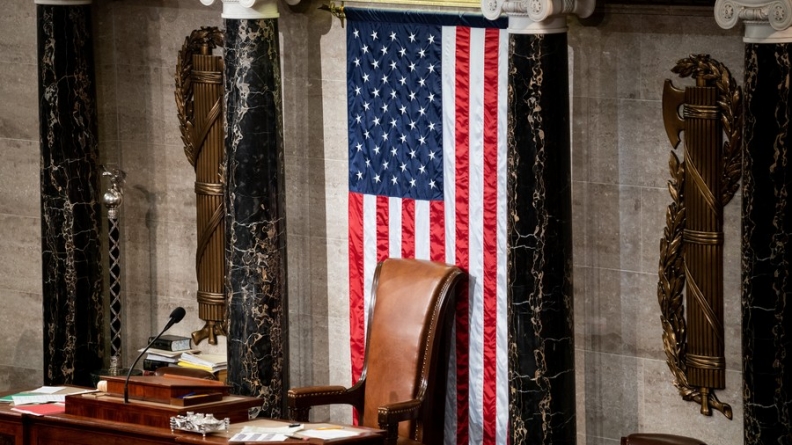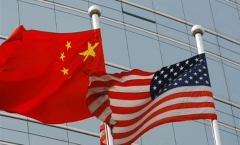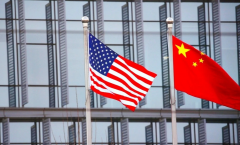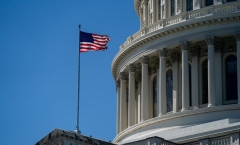Rhetoric vs. Reality: U.S. War on Venezuela is a War on the Multipolar World
The future will depend on the world’s awareness of the persistent danger the U.S.poses, its ability to protect itself from it, and multipolarism’s ability to build the world up faster than the U.S. is demonstrably threatening and destroying it.

 Facebook
Facebook
 Twitter
Twitter
 Linkedin
Linkedin
 Google +
Google +











